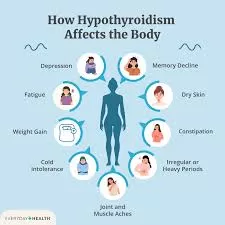A groundbreaking study from Western New England University (WNE) has revealed that long-term grape consumption significantly enhances muscle health in both men and women. Published in the journal Foods, the research suggests that grapes may play a crucial role in maintaining muscle mass and function by altering gene expression.
The Impact of Grapes on Muscle Health
Grapes have long been associated with various health benefits, including positive effects on the heart, kidneys, skin, eyes, and gastrointestinal system. However, this new research highlights their potential in muscle health, particularly through nutrigenomic mechanisms—where diet influences gene expression.
The study found that daily grape consumption altered muscle gene expression, with a particularly pronounced effect in females. Remarkably, this resulted in male and female muscle characteristics converging at a metabolic level. Genes associated with lean muscle mass were elevated, while those linked to muscle degeneration were reduced, suggesting enhanced muscle function.
Implications for Age-Related Muscle Loss
The findings of this study hold promise for addressing age-related muscle loss, or sarcopenia, which affects 10–16% of elderly individuals. Nutritional strategies, such as regular grape consumption, may complement traditional methods like exercise and high-protein diets to help maintain muscle health.
Dr. John Pezzuto, the senior investigator and professor at WNE’s College of Pharmacy and Health Sciences, emphasized the significance of these findings. “This study provides compelling evidence that grapes have the potential to enhance muscle health at the genetic level. Given their safety profile and widespread availability, it will be exciting to explore how quickly these changes can be observed in human trials.”
Study Overview and Future Research
The research team examined how consuming two servings of grapes per day influenced genetic expression in muscle. As expected, male and female muscle tissues initially displayed significant differences. However, after incorporating grapes into their diet, both groups exhibited a more unified metabolic phenotype.
By analyzing over 20,000 genes, researchers found that grape consumption promoted the expression of genes associated with good muscle health while suppressing those linked to muscle decline. These findings suggest that grapes could serve as a natural and accessible means to improve muscle function.
Further studies are planned to explore the mechanisms behind these genetic changes and determine the timeline for their effects. As the field of nutrigenomics advances, this research paves the way for dietary interventions that could benefit individuals across all age groups.
Disclaimer:
This article is for informational purposes only and should not be considered medical advice. While the study presents promising findings, more research is needed to fully understand the impact of grape consumption on human muscle health. Individuals should consult healthcare professionals before making significant dietary changes.












